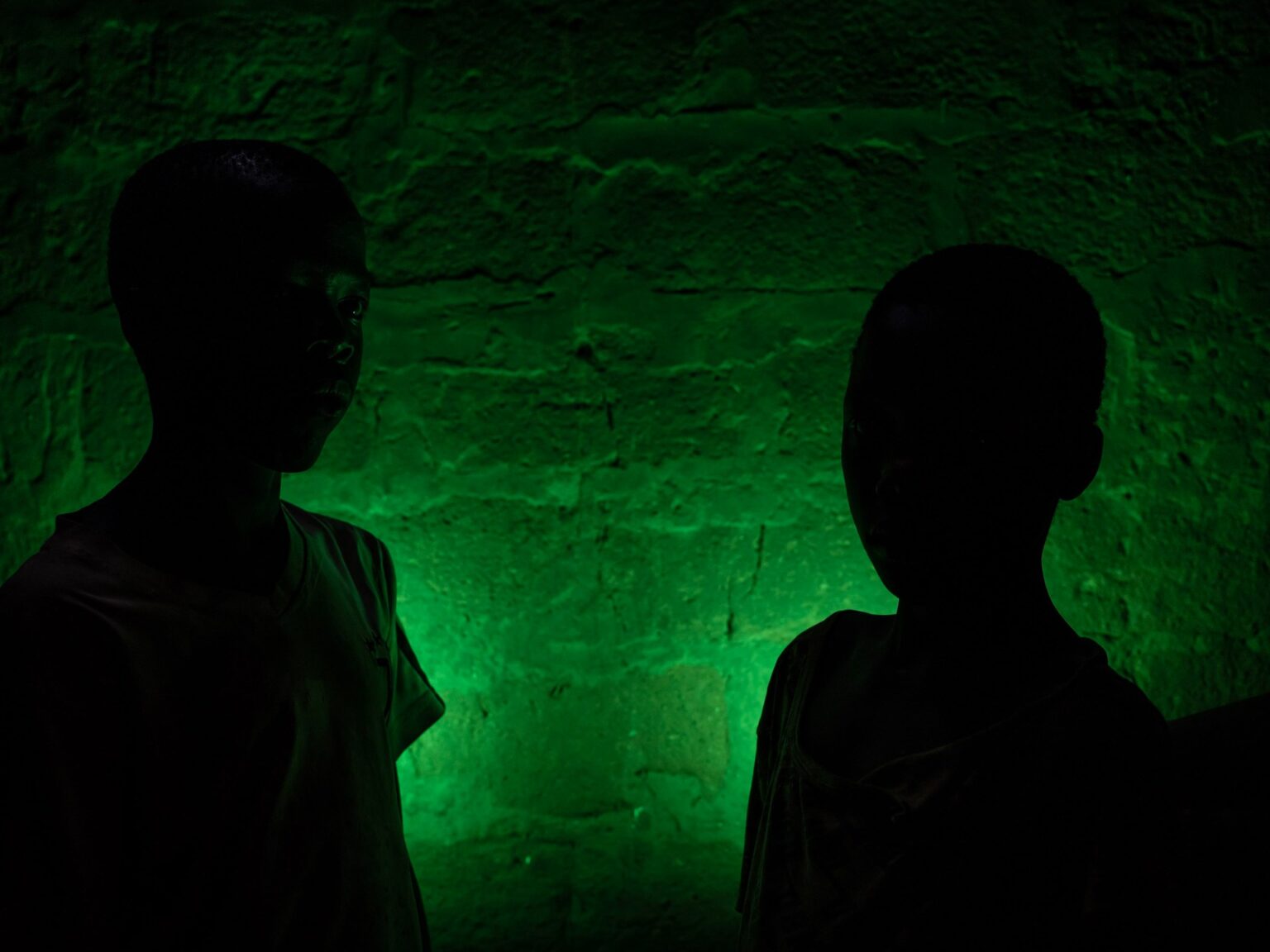Protection risks
June and July 2025 witnessed a deepening humanitarian crisis across northern Mozambique, according to the UN’s Office for the Coordination of Humanitarian Affairs (OCHA): The violence by al-Shabab “drove new displacement, disrupted essential services, severely restricted movement, exacerbated food insecurity, and impeded the delivery of life‑saving assistance”.
Sitoe explains that the conflict shifted dramatically in April 2024, when troops from the Southern African Development Community Mission in Mozambique (SAMIM) began withdrawing. That mission that began in October 2023 ended on July 15, 2024.
“This has been the most significant factor in the recent escalation of violence.”
Attacks by armed groups between July 20 and August 3 this year triggered the displacement of at least 57,034 people across the districts of Chiure, Ancuabe and Muidumbe, according to the International Organization for Migration (IOM).
Since January, more than 95,000 people have fled insecurity in Cabo Delgado, the UN says.
At the same time, several hundred thousand internally displaced people have also returned home, according to the UN.
This is due to a general improvement in security in some areas – thanks to Mozambique’s army, local forces and the Rwandan army – but also because the poor conditions in displacement camps and the lack of basic services have led to people leaving.
In 2023, the UN Special Rapporteur on the human rights of internally displaced persons (IDPs), Paula Gaviria Betancur, concluded that the process to enable people to return home was plagued by the absence of a structured, formal and transparent consultation mechanism for IDPs:
“Local authorities and community leaders have actively encouraged, pursued or exerted indirect pressure on IDPs to return to their places of origin either by promising humanitarian assistance or providing inaccurate or incomplete information about conditions in place of return, thereby hampering their ability to make an informed and fully voluntary decision,” she wrote in her end-of-mission statement.
Today, in a province of nearly two million, almost a quarter of the population – 461,000 – remains internally displaced, contending with food shortage, family separation, and severe psychological trauma.
Read the full article here


